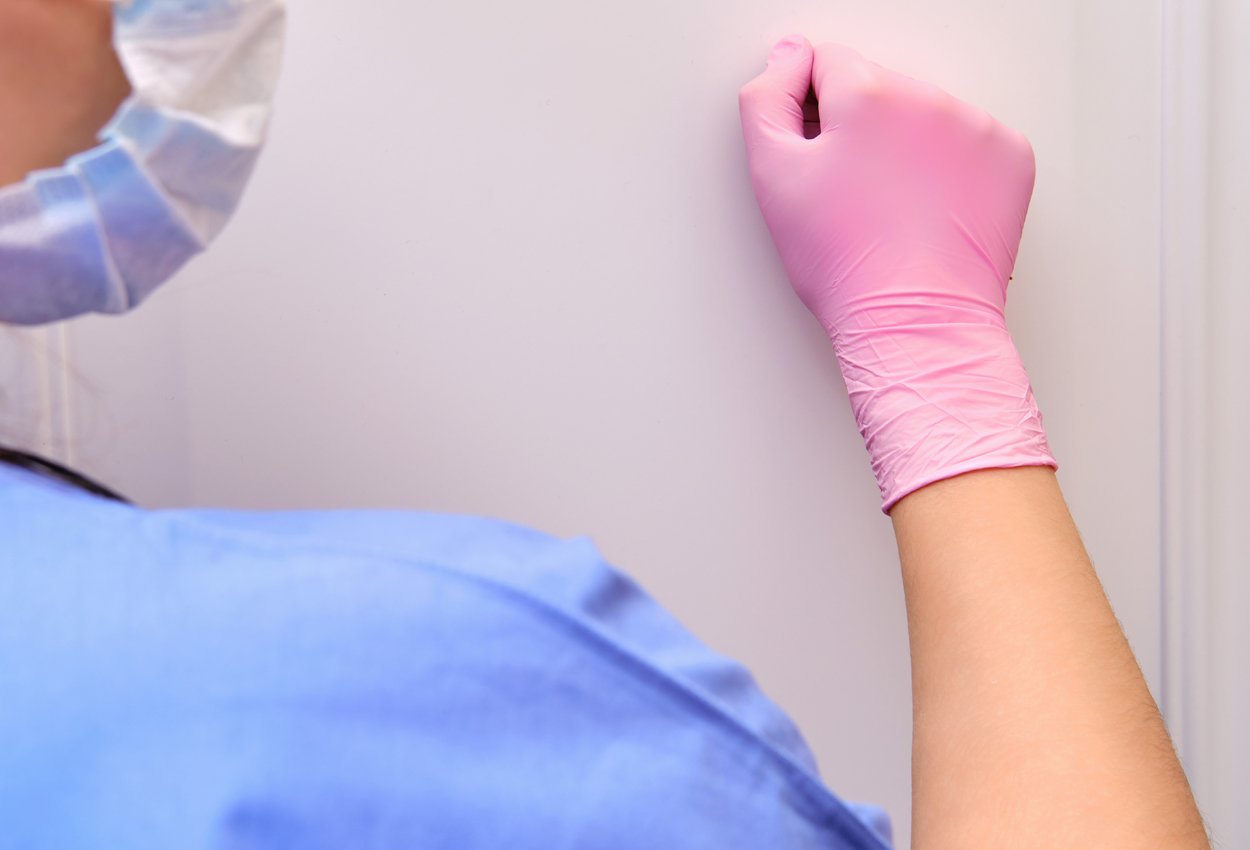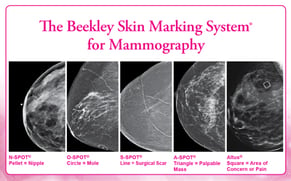
Not all cancers present as obvious findings. Detecting lesions and groups of micro-calcifications requires concentration and dedicated focus.
According to Diagnostic Imaging, interruptions such as phone calls or clarifying questions from other physicians, imaging technologists, and patients during image review are distracting and can affect diagnostic accuracy.
Dr. Amanda Squires is passionate about her role in breast imaging. As a radiologist with Vista Radiology she reads at Covenant Health in Knoxville, TN and is also an ACR reviewer.
She recently sat down with us to share her thoughts on standardization in mammography, as well as her own personal expectations, how she empowers her team, and what it takes to give her patients the best care possible.
Minimizing interruptions in the reading room
Dr. Squires stresses the importance of being able to concentrate while reading every image by having policies in place that streamline how images are taken and then read.
“Disruptions while reading is a great source of stress for radiologists and, much more importantly, can increase the potential for mistakes. While each person may think that sticking their head in for a few seconds is no big deal; when you multiply that by the amount of people in the office and add the huge number of images that we as radiologists need to process all day, it becomes one of our greatest struggles.”
 Understanding the need for protocols, procedures, and better patient care
Understanding the need for protocols, procedures, and better patient care
By implementing new ground rules and striving for top notch patient care, Dr. Squires explained to her staff the importance of following the protocols put in place, including the use of skin markers.
In her experience, once the technologists understand the reasons behind the protocols, there is a willingness to follow them in order to improve the quality of the exams.
These policies and procedures directly affect the patients and the care they receive.
There are numerous studies, including one from the Journal of Women’s Health that detail just how important it is for women to feel comfortable and informed when going in for a mammogram. Part of making them feel good about their entire visit is building their trust in the center they choose.
By having standards in place such as flow charts, the use of mammographic skin markers, and complete documentation of each patient, Dr. Squire’s center runs smoothly, which in turn results in better patient satisfaction.
Multiple Ways Mammography Skin Markers Help
There are many situations in which doctors need to recall upon older cases. A patient may need their history years later, the doctor might want to remember the results of a treatment to help a similar patient, or unfortunately they may need it for legal reasons.
“Long after the case details have passed, we as doctors rely on accurate and complete documentation to refer back to. It is always an unfortunate situation when a patient or their family seeks retribution, but it is out of your control once they do. As a radiologist, knowing that you have done your absolute best and followed policies by dotting your “i’s” and crossing your “t’s” offers some peace of mind should that situation arise.”
Before the use of skin markers and complete documentation, Dr. Squires would find sticky notes on files telling her various things about the images.
 “In addition to using skin markers, it is crucial that technologists document the complete history, unique circumstances as well as any other pertinent details in the medical records. We need to have a clear written record of the key points of a given case so that we can recollect should we need to in the future. Visualization with skin markers directly on the image helps provide that clarity.”
“In addition to using skin markers, it is crucial that technologists document the complete history, unique circumstances as well as any other pertinent details in the medical records. We need to have a clear written record of the key points of a given case so that we can recollect should we need to in the future. Visualization with skin markers directly on the image helps provide that clarity.”
The Beekley Skin Marking System® for mammography can increase and better the communication between technologists and radiologists, as well as help reduce unnecessary call backs while improving patient care. To learn more, contact your Beekley Medical Account Specialist at 1-800-233-5539 or email info@beekley.com and ask about our trial evaluation program.
Related articles:

Kathy Kaschuluk
Product Manager
